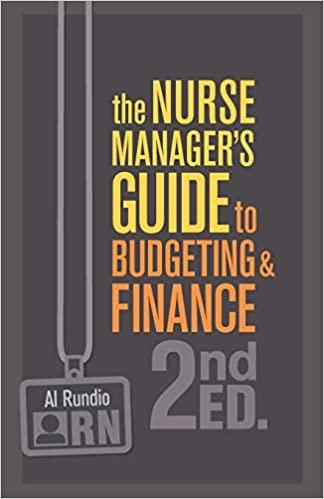Question
Cameron, CFP founded and began working at Big Profits, LLC in March 2013 and is its sole member. He currently is not associated with a
Cameron, CFP founded and began working at Big Profits, LLC in March 2013 and is its sole member. He currently is not associated with a broker-dealer, and most recently was associated with Dewy, Cheatum, and How Financial LLC (DCH) from October 2007 through December 2017.
Cameron also is the sole owner of Total Payout Insurance Agency, LLC. He has been licensed by the Arizona Department of Insurance since February 2003. He is qualified on Life, Accident, Health, and HMO products as well as Property and Casualty products. He is appointed with 25 insurance providers. Cameron estimates that 10-20% of his income is derived from commissions on the sale of insurance products.
He passed the General Securities Representative Examination (Series 7) and the Uniform Combined State Law (Series 66) in March 2003. He passed the General Securities Principal (Series 24) in August 2009, and he passed the Securities Industry Essentials (SIE) in December 2017.
As a CFP certificant (2012), Cameron is entitled to prepare his own online profile with the CFP Board website to determine how and when his name would appear in the Find-a-CFP Professional tool. At the outset, Respondent chose not to identify any compensation model on his profile.
In late summer of 2013, the CFP Board posted a notice on its website -- Notice to CFP Professionals: Importance of Accurate Compensation Disclosure (Notice). CFP Board also mailed a hard copy of the Notice to each CFP professional.
The Notice reminded CFP professionals that they are required to disclose to clients and prospective clients accurate and not misleading information concerning their compensation structure. The Notice reiterated that CFP Board defines compensation as any non-trivial economic benefit, whether monetary or non-monetary, that a certificant or related party receives or is entitled to receive for providing professional activities. Further, the Notice provided the following definition of Commission: [C]ompensation generated from a transaction involving a product or service and received by an agent or broker, usually calculated as a percentage on the amount of his or her sales or purchase transactions. This includes 12b-1 fees, trailing commissions, surrender charges and contingent deferred sales charges.
It was not until spring 2016 that Cameron updated his profile on the Find-a-CFP Professional tool. Among other changes he made, he selected Commission and Fee as his compensation model. As noted above, at the end of 2017, Respondent left DCH to form his own insurance agency and was no longer affiliated with a broker-dealer. In spring, 2018, Cameron updated his profile again, this time to change his compensation model to Fee Only.
QUESTIONS:
Based on the facts provided, has Cameron violated any specific rules of conduct? If so, what was the violation? What agency would be instrumental in bringing any punitive action?
Assuming there was a violation, what would be the grounds for discipline?
Are there any mitigating circumstances that your deem appropriate to lower the severity of the violation (if any)?
Make sure you fully identify the improper business actions within the case, and as part of your case analysis, defend your position.
Step by Step Solution
There are 3 Steps involved in it
Step: 1

Get Instant Access to Expert-Tailored Solutions
See step-by-step solutions with expert insights and AI powered tools for academic success
Step: 2

Step: 3

Ace Your Homework with AI
Get the answers you need in no time with our AI-driven, step-by-step assistance
Get Started


